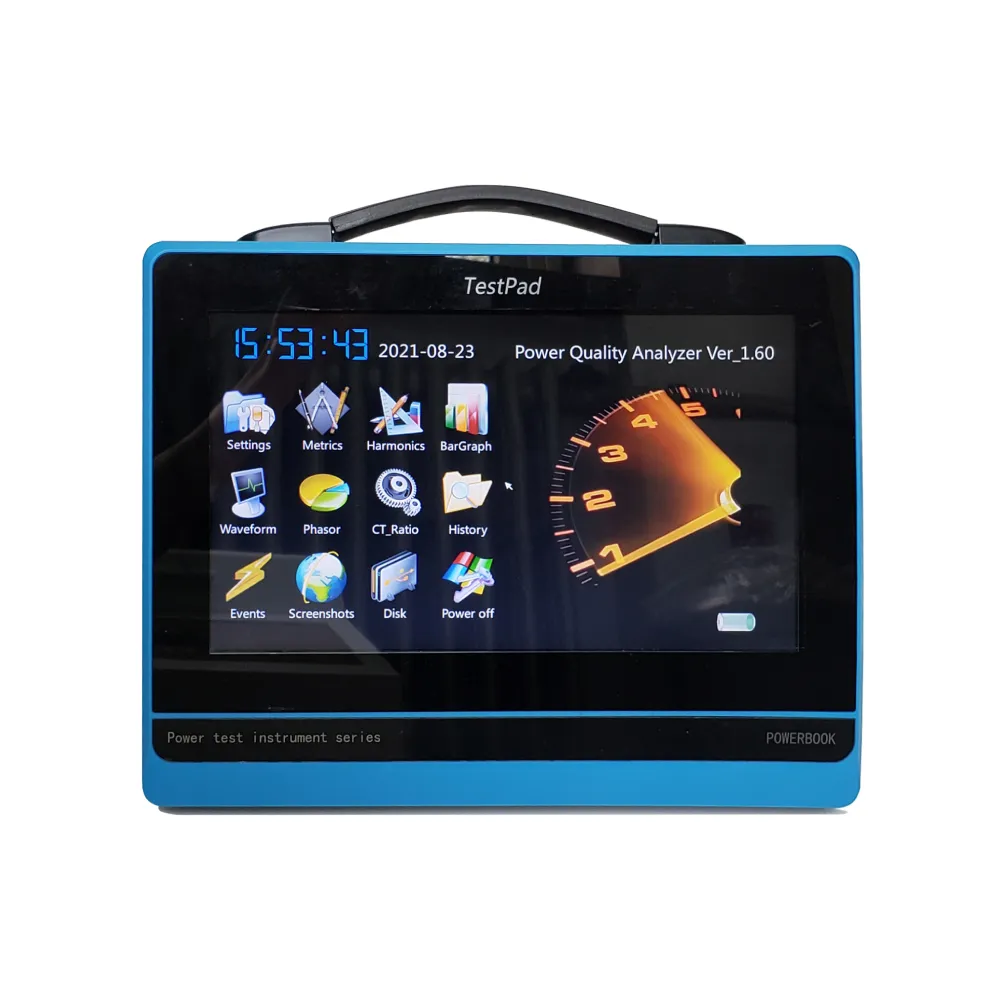 English
English



-
 Afrikaans
Afrikaans -
 Albanian
Albanian -
 Amharic
Amharic -
 Arabic
Arabic -
 Armenian
Armenian -
 Azerbaijani
Azerbaijani -
 Basque
Basque -
 Belarusian
Belarusian -
 Bengali
Bengali -
 Bosnian
Bosnian -
 Bulgarian
Bulgarian -
 Catalan
Catalan -
 Cebuano
Cebuano -
 China
China -
 China (Taiwan)
China (Taiwan) -
 Corsican
Corsican -
 Croatian
Croatian -
 Czech
Czech -
 Danish
Danish -
 Dutch
Dutch -
 English
English -
 Esperanto
Esperanto -
 Estonian
Estonian -
 Finnish
Finnish -
 French
French -
 Frisian
Frisian -
 Galician
Galician -
 Georgian
Georgian -
 German
German -
 Greek
Greek -
 Gujarati
Gujarati -
 Haitian Creole
Haitian Creole -
 hausa
hausa -
 hawaiian
hawaiian -
 Hebrew
Hebrew -
 Hindi
Hindi -
 Miao
Miao -
 Hungarian
Hungarian -
 Icelandic
Icelandic -
 igbo
igbo -
 Indonesian
Indonesian -
 irish
irish -
 Italian
Italian -
 Japanese
Japanese -
 Javanese
Javanese -
 Kannada
Kannada -
 kazakh
kazakh -
 Khmer
Khmer -
 Rwandese
Rwandese -
 Korean
Korean -
 Kurdish
Kurdish -
 Kyrgyz
Kyrgyz -
 Lao
Lao -
 Latin
Latin -
 Latvian
Latvian -
 Lithuanian
Lithuanian -
 Luxembourgish
Luxembourgish -
 Macedonian
Macedonian -
 Malgashi
Malgashi -
 Malay
Malay -
 Malayalam
Malayalam -
 Maltese
Maltese -
 Maori
Maori -
 Marathi
Marathi -
 Mongolian
Mongolian -
 Myanmar
Myanmar -
 Nepali
Nepali -
 Norwegian
Norwegian -
 Norwegian
Norwegian -
 Occitan
Occitan -
 Pashto
Pashto -
 Persian
Persian -
 Polish
Polish -
 Portuguese
Portuguese -
 Punjabi
Punjabi -
 Romanian
Romanian -
 Russian
Russian -
 Samoan
Samoan -
 Scottish Gaelic
Scottish Gaelic -
 Serbian
Serbian -
 Sesotho
Sesotho -
 Shona
Shona -
 Sindhi
Sindhi -
 Sinhala
Sinhala -
 Slovak
Slovak -
 Slovenian
Slovenian -
 Somali
Somali -
 Spanish
Spanish -
 Sundanese
Sundanese -
 Swahili
Swahili -
 Swedish
Swedish -
 Tagalog
Tagalog -
 Tajik
Tajik -
 Tamil
Tamil -
 Tatar
Tatar -
 Telugu
Telugu -
 Thai
Thai -
 Turkish
Turkish -
 Turkmen
Turkmen -
 Ukrainian
Ukrainian -
 Urdu
Urdu -
 Uighur
Uighur -
 Uzbek
Uzbek -
 Vietnamese
Vietnamese -
 Welsh
Welsh -
 Bantu
Bantu -
 Yiddish
Yiddish -
 Yoruba
Yoruba -
 Zulu
Zulu
karl fischer moisture titrator
Understanding the Karl Fischer Moisture Titrator A Key Tool in Analytical Chemistry
The Karl Fischer (KF) titrator is an essential instrument in analytical chemistry, particularly known for its ability to measure water content in various substances with great accuracy. Developed by the German chemist Karl Fischer in 1935, this method has become the gold standard for quantifying moisture levels in a wide array of materials, from pharmaceuticals and food products to petrochemicals and chemicals.
The Principle of Karl Fischer Titration
The underlying principle of Karl Fischer titration is based on a redox reaction between iodine and water, facilitated by sulfur dioxide and a base such as imidazole or pyridine. The reaction can be represented as follows water reacts with iodine and sulfur dioxide in the presence of a base to form a stable compound. The process typically involves two phases a titration phase and an end-point detection phase.
During the titration, a known concentration of iodine is added to the sample. The water in the sample reacts with the iodine, and the point at which all the water has reacted is called the end point. Detection of this end point can be achieved through various methods, including electrochemical sensors or visual indicators, ensuring that the precise amount of water in the sample can be accurately determined.
Applications of Karl Fischer Titration
One of the most significant advantages of the Karl Fischer titrator is its versatility. It's widely used in the pharmaceutical industry for the determination of moisture in drug formulations, as excess moisture can lead to degradation of substances and affect product stability. In food science, the KF titrator is used to assess water content in various products, such as baked goods, cheese, and dried fruits, as water activity is crucial for shelf life and safety.
karl fischer moisture titrator

Moreover, in industries like petrochemicals, monitoring moisture levels in fuels and lubricants is vital for preventing corrosion and ensuring efficient operation of machinery. The KF method is also employed in the production of chemicals, where controlling moisture levels can impact yield and purity.
Advantages of Using Karl Fischer Titrators
The Karl Fischer titration method stands out for several reasons. First, it provides highly accurate and reproducible results, often with the capability to detect water content as low as parts per million (ppm). This level of precision is essential in industries where even the slightest variation in moisture can have significant consequences.
Second, the KF titrator is relatively straightforward to operate and requires minimal sample preparation. This efficiency makes it an ideal choice for quality control laboratories where time is of the essence.
Furthermore, technological advancements have led to the development of automated KF titrators, which streamline the process further and reduce the potential for human error. These machines can handle multiple samples simultaneously, increasing throughput and efficiency in laboratory settings.
Conclusion
In summary, the Karl Fischer moisture titrator is an indispensable tool in analytical chemistry, offering an efficient and reliable means of determining water content across various industries. Its foundational principle, rooted in a robust chemical reaction, enables accurate moisture measurement critical for ensuring product quality and safety. As technology continues to evolve, the KF titrator remains at the forefront of analytical methods, adapting to meet the needs of modern laboratories while continuing to uphold the standards established by Karl Fischer nearly a century ago. Its pivotal role in research and quality control underscores the importance of precise moisture analysis in today’s highly regulated markets.
-
Testing Equipment Industry Sees Major Advancements in 2025: Smart & Precision Technologies Lead the WayNewsJun.06,2025
-
Applications of Direct Current Generators in Renewable Energy SystemsNewsJun.05,2025
-
Hipot Tester Calibration and Accuracy GuidelinesNewsJun.05,2025
-
Digital Circuit Breaker Analyzer Features and BenefitsNewsJun.05,2025
-
Benefits of Real-Time Power Quality Monitoring Devices for Industrial EfficiencyNewsJun.05,2025
-
Earth Fault Loop Testing in High-Rise Building Electrical SystemsNewsJun.05,2025



